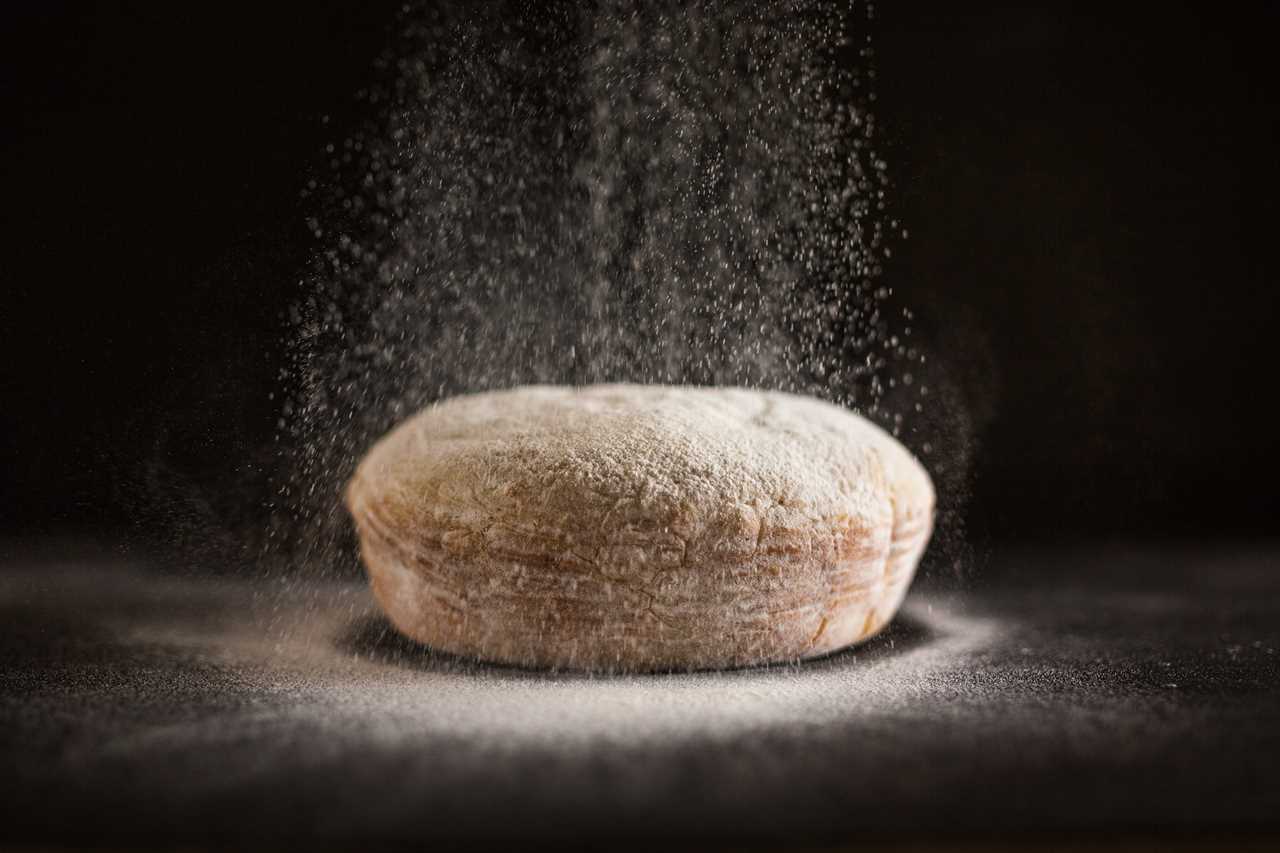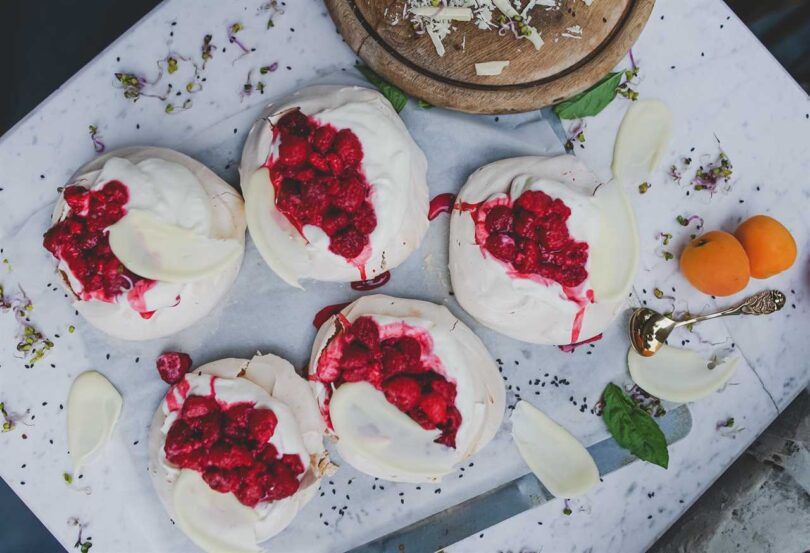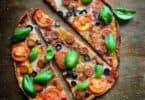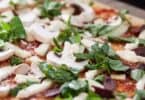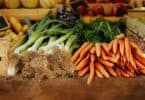Cooking Basics: Recipe Selection, Reliable Resources, Time Management, Kitchen Tools, Recipe Ideas & Techniques is like a trusted guidebook for those seeking culinary freedom.
With an array of topics covered, from deciphering recipes to finding reliable resources, this article provides the essential knowledge needed to navigate the kitchen with ease.
Discover the secrets of time management, stock your pantry with must-have ingredients, and master various techniques like roasting and saucing.
With these cooking basics at hand, anyone can create delicious meals and unleash their inner chef.
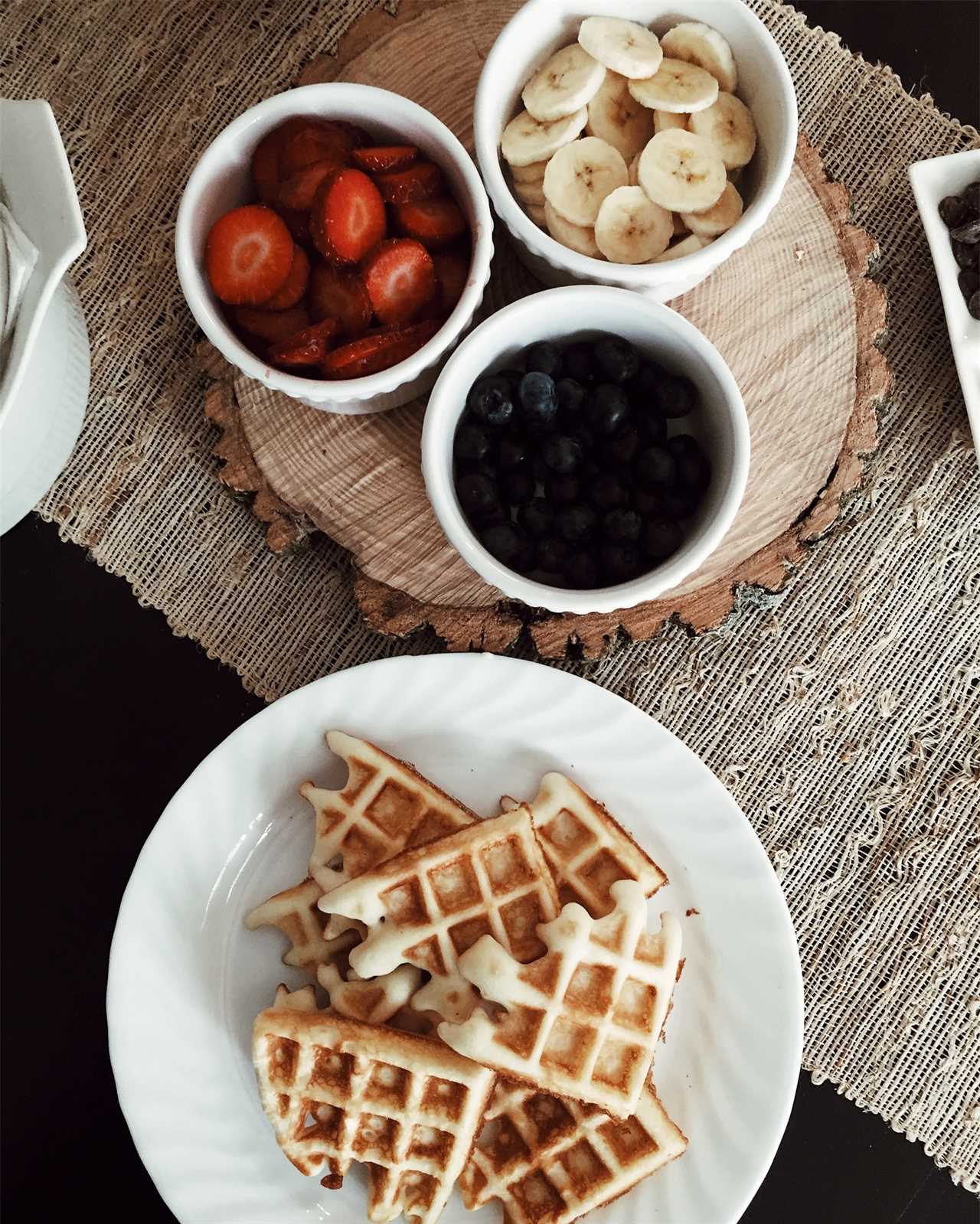
Key Takeaways
- Pay attention to ingredients list and hidden prep steps
- Utilize cooking fundamentals resources and consider taking cooking classes
- Invest in quality kitchen tools for an enhanced cooking experience
- Monitor cooking time and temperature when roasting to achieve desired results
How to Read (and Pick) a Recipe
When selecting a recipe, it is important for cooks to pay attention to the ingredients list and hidden prep steps, as well as to look up unfamiliar terms online.
Understanding recipe measurements is crucial for achieving the desired outcome. Cooks should familiarize themselves with common measurement units such as cups, tablespoons, and teaspoons. Additionally, they should know how to convert measurements if necessary.
Adapting recipes for dietary restrictions is another essential skill. Cooks can substitute ingredients to accommodate allergies or dietary preferences. For example, they can use plant-based alternatives instead of animal products or gluten-free flours instead of regular flour.
Finding Reliable Recipes and Resources
Trusted sources for recipes can include publications with test kitchens and reputable bloggers.
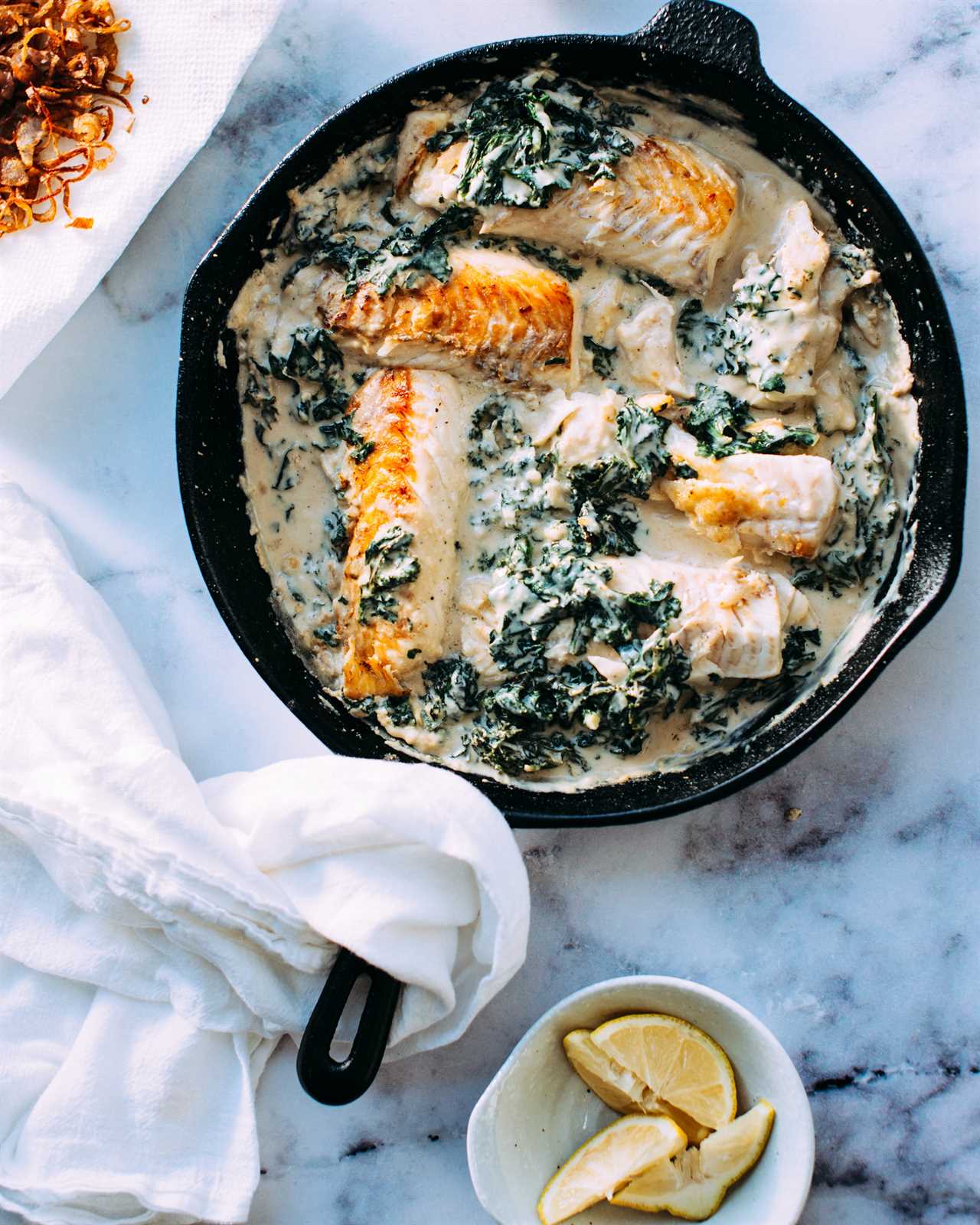
When searching for reliable recipes, it’s worth considering paying for recipes from trusted sources. These sources often invest in research, testing, and development to ensure high-quality recipes.
Additionally, it’s important to utilize cooking fundamentals resources to enhance your culinary skills. These resources can include cooking classes, instructional videos, and online tutorials.
By learning the basics, you’ll gain a solid foundation that will allow you to confidently navigate any recipe. Whether you’re a beginner cook or an experienced chef, understanding cooking fundamentals is essential for creating delicious meals.
Time Management and Leftover Repurposing
Leftover repurposing allows for the creation of new meals by using simple additions to transform existing dishes. This technique not only saves time but also reduces food waste.
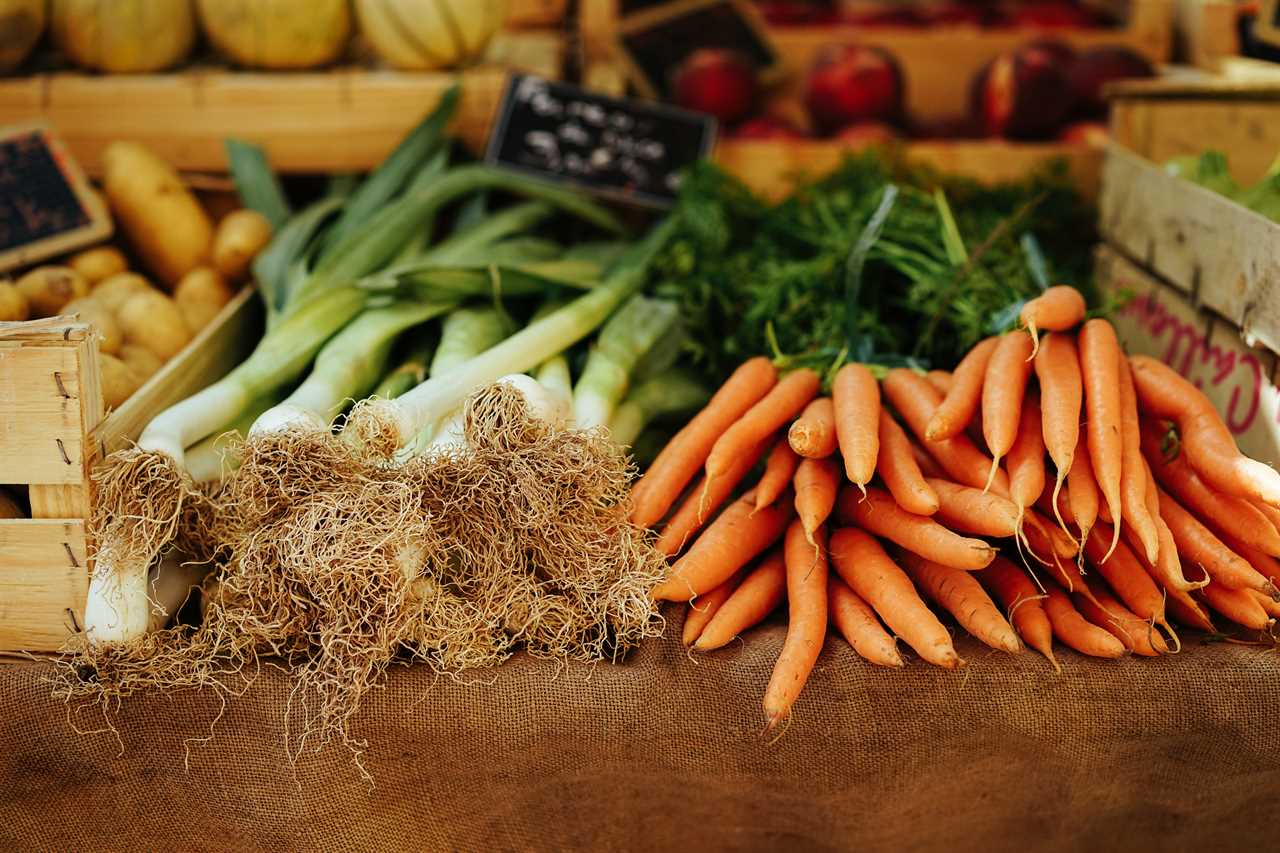
Instead of throwing away leftover food, one can repurpose it into delicious and satisfying meals. For example, leftover roasted chicken can be shredded and added to a salad, or mixed with mayonnaise and spices to make a flavorful chicken salad sandwich. Leftover vegetables can be turned into a hearty soup by adding some broth and spices.
Kitchen Tools and Pantry Essentials
Investing in quality kitchen tools can greatly enhance one’s cooking experience and make meal preparation easier and more efficient. High-quality knives, sturdy cutting boards, and reliable cookware can greatly improve efficiency in the kitchen. By having the right tools at hand, individuals can feel empowered and confident in their cooking abilities.
When stocking the pantry, it’s important to consider exploring alternative groceries. This can include shopping at local farmers markets or supporting small producers who offer fresh produce and ingredients that enhance flavor. By diversifying the sources of groceries, individuals can have more freedom and flexibility in their cooking.
In addition to stocking the pantry, it’s also crucial to invest in kitchen tools that make cooking easier. By having the right tools at hand, individuals can feel empowered and confident in their cooking abilities. Exploring alternative groceries and investing in quality kitchen tools are essential steps towards creating a well-equipped kitchen that allows for freedom and creativity in cooking.
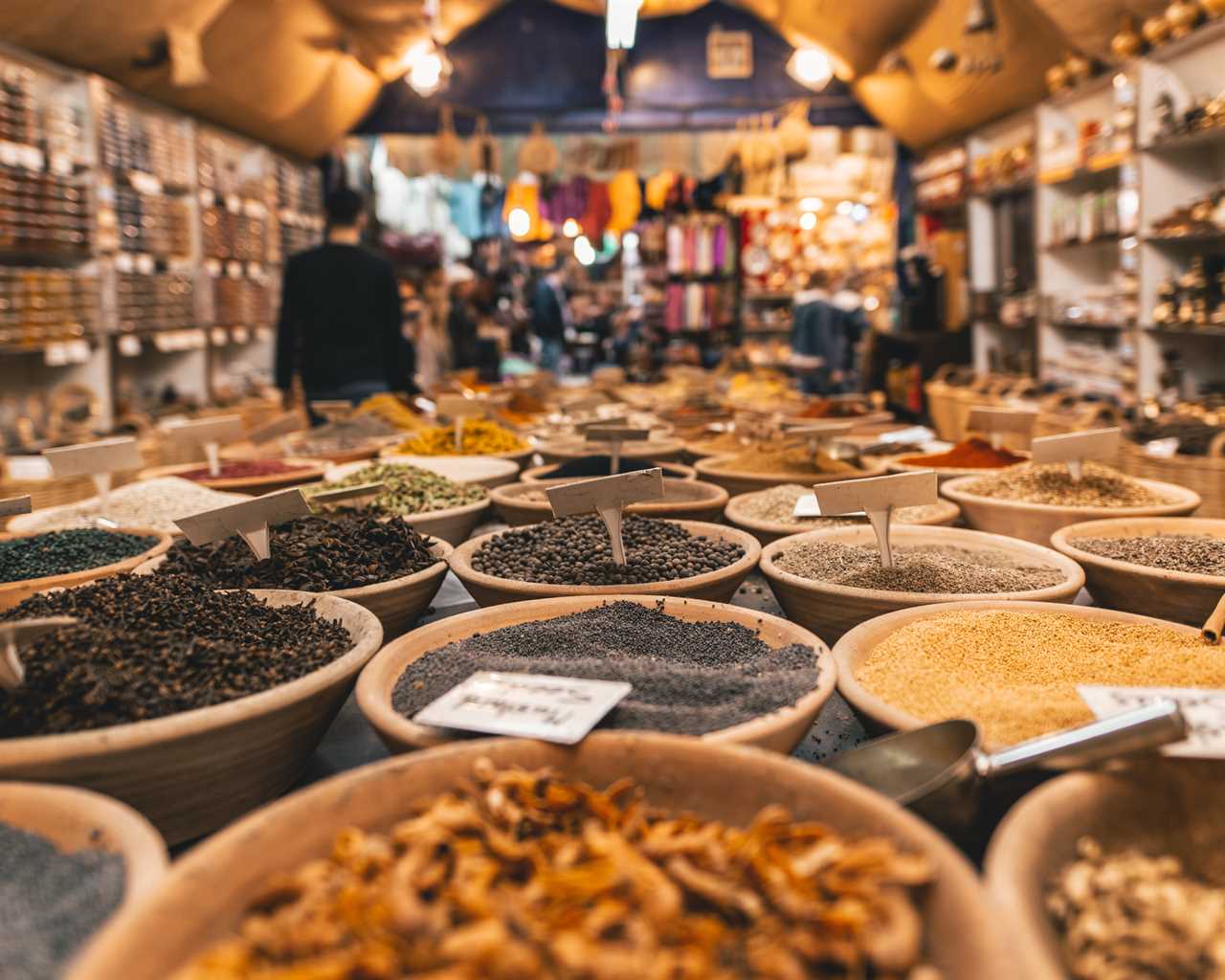
Recipe Ideas and Techniques
When roasting vegetables and chicken, it’s important to monitor the cooking time and temperature to ensure they are cooked to perfection. This cooking technique brings out the natural flavors and creates a delicious caramelization on the surface of the food.
To achieve the best results, here are some roasting techniques and baking tips to keep in mind:
-
Roasting Techniques:
-
Preheat the oven to the recommended temperature.
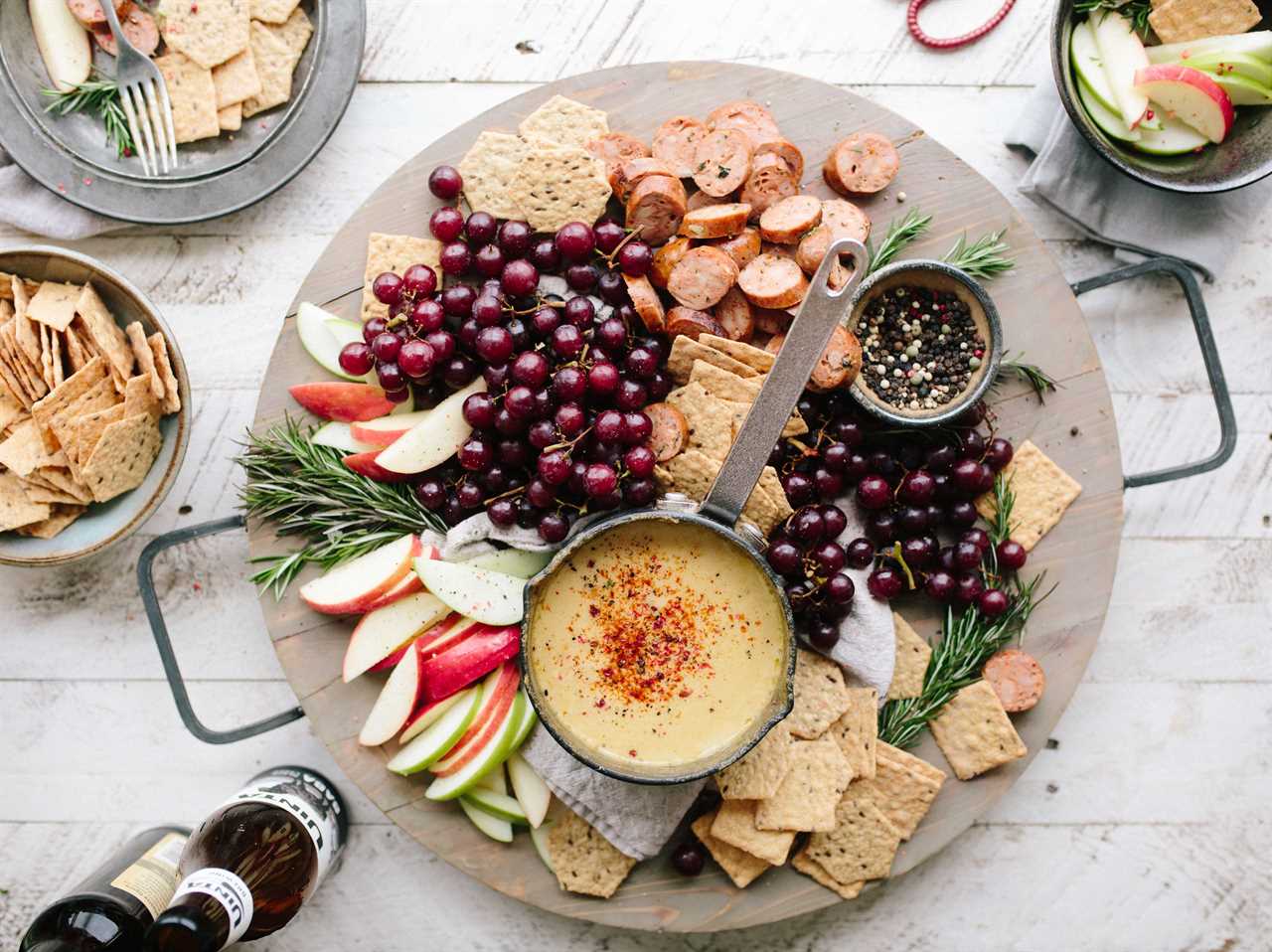
-
Use a roasting pan or baking sheet with a rack to allow air circulation.
-
Cut vegetables and chicken into similar sizes for even cooking.
-
Season the ingredients with herbs, spices, and oil to enhance the flavor.
-
Rotate the pan halfway through cooking for even browning.
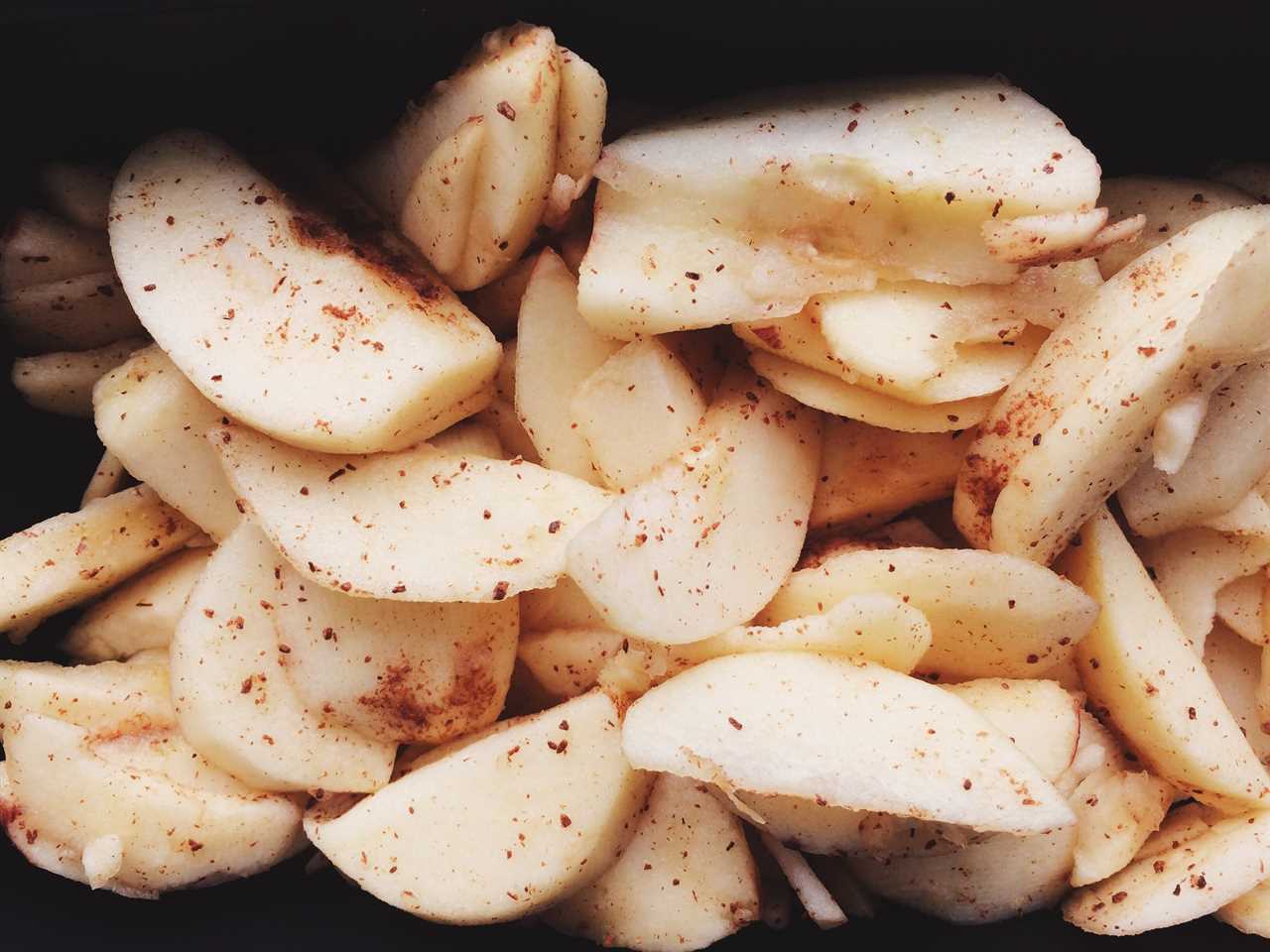
-
Baking Tips:
-
Use a meat thermometer to ensure the chicken is cooked to the proper internal temperature.
-
Let the roasted vegetables and chicken rest for a few minutes before serving to allow the juices to redistribute.
Frequently Asked Questions
How Can I Adjust a Recipe for Dietary Restrictions or Preferences?
To adjust a recipe for dietary restrictions or preferences, one can make recipe substitutions and adapt recipes for allergies and intolerances. It’s important to read the recipe carefully and understand the ingredients and their purpose.
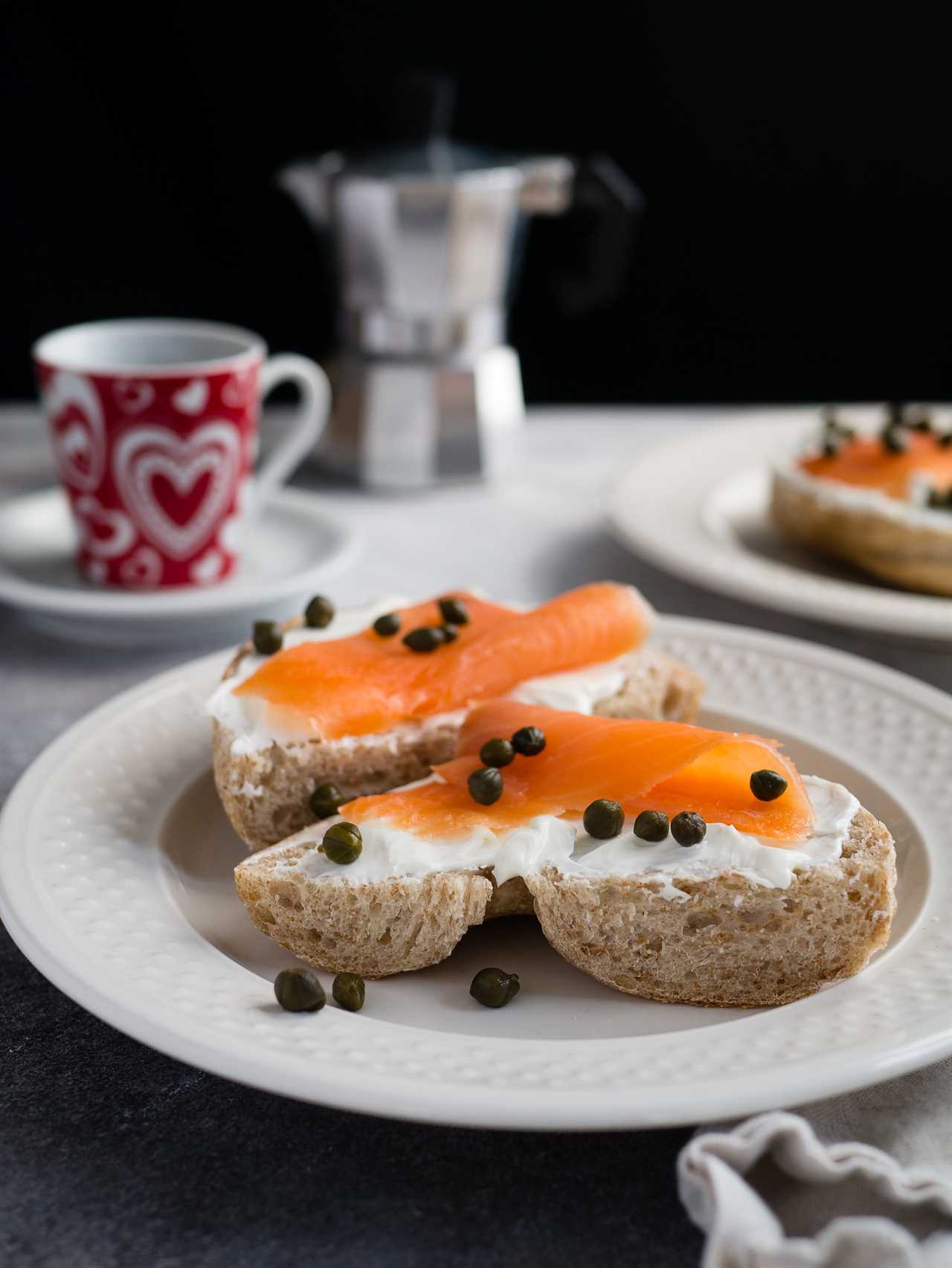
For example, if a recipe calls for milk but you are lactose intolerant, you can substitute with a non-dairy milk such as almond or soy milk. Experimenting with different ingredients and flavors can help create dishes that cater to specific dietary needs or preferences.
What Are Some Common Mistakes to Avoid When Following a Recipe?
When it comes to following a recipe, there are some common mistakes that can lead to disastrous results. Forgetting to preheat the oven, misreading ingredient measurements, or not properly adjusting cooking times can all throw a wrench in the cooking process.
But fear not! By troubleshooting recipe issues and making common cooking substitutions, you can avoid these pitfalls. With a little bit of knowledge and some culinary creativity, you’ll be able to turn any recipe into a masterpiece.
How Can I Make the Most of My Time in the Kitchen and Streamline Meal Preparation?
Time-saving tips and meal prep hacks can help maximize efficiency in the kitchen. By planning meals in advance and utilizing batch cooking techniques, you can save time and effort.
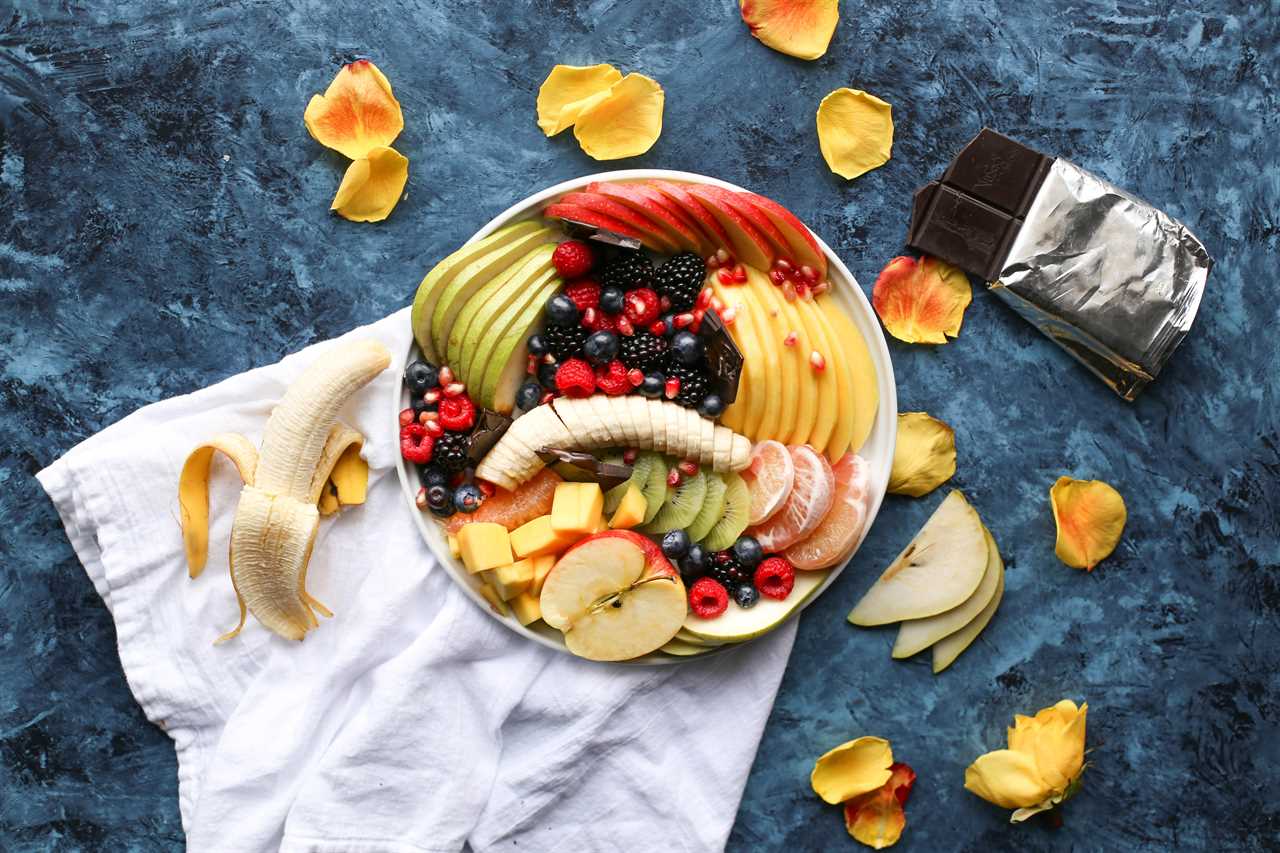
Prepping ingredients ahead of time, such as chopping vegetables or marinating meats, can also streamline the cooking process. Additionally, using kitchen tools like slow cookers or pressure cookers can help expedite cooking times.
What Are Some Essential Kitchen Tools for Beginner Cooks?
When it comes to essential kitchen tools, beginner cooks need to have the right gadgets to make their cooking experience more efficient and enjoyable.
From basic utensils like a chef’s knife and cutting board to must-have gadgets like a blender or food processor, having the right tools can make a world of difference in the kitchen.
These tools not only help with meal preparation but also allow for more creativity and freedom in the kitchen.
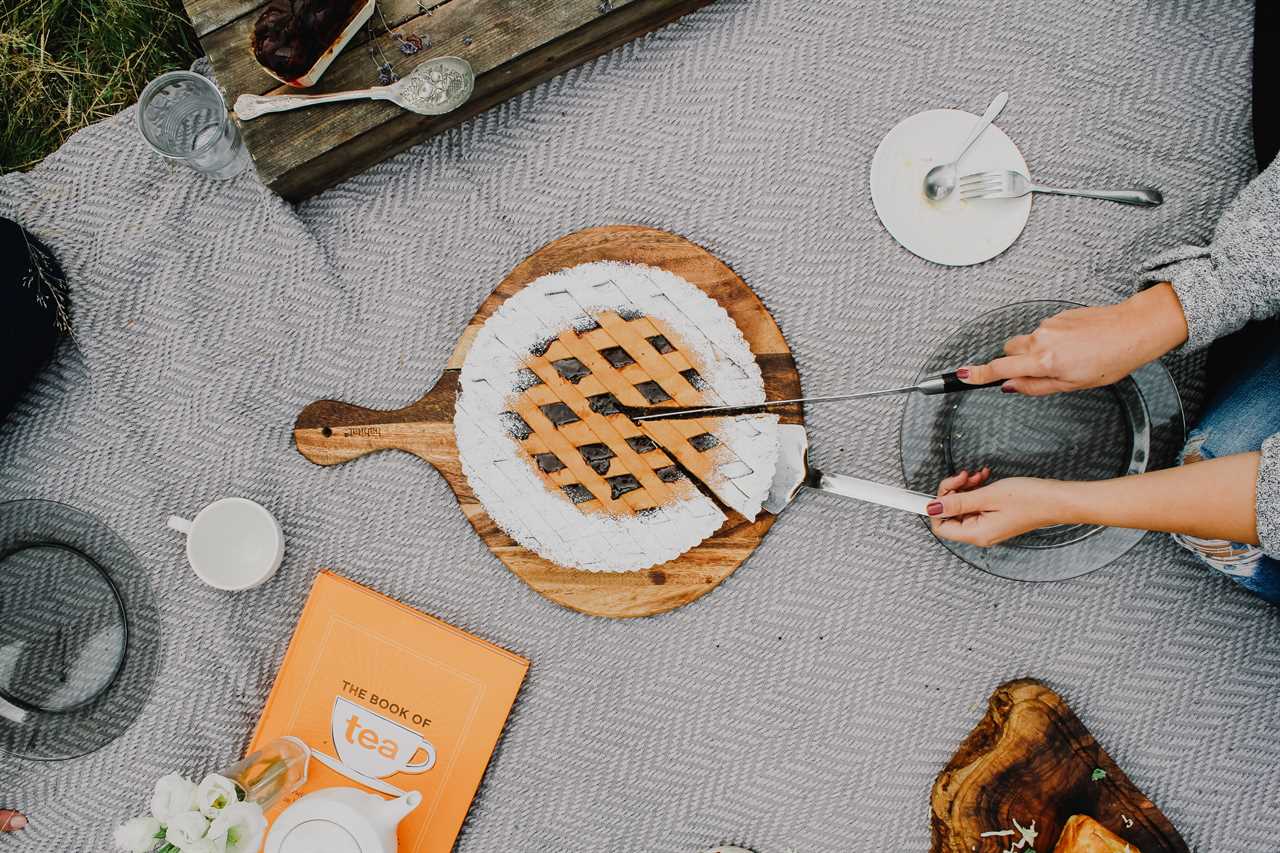
How Can I Add Variety to My Cooking Routine and Try New Recipes?
To add variety to their cooking routine and try new recipes, one can explore different cuisines and incorporate seasonal ingredients.
By branching out and experimenting with dishes from various cultures, they can discover new flavors and techniques.
Additionally, utilizing seasonal ingredients ensures freshness and adds a seasonal touch to their meals.
This approach allows for a wide range of possibilities and keeps their cooking routine exciting and diverse.
